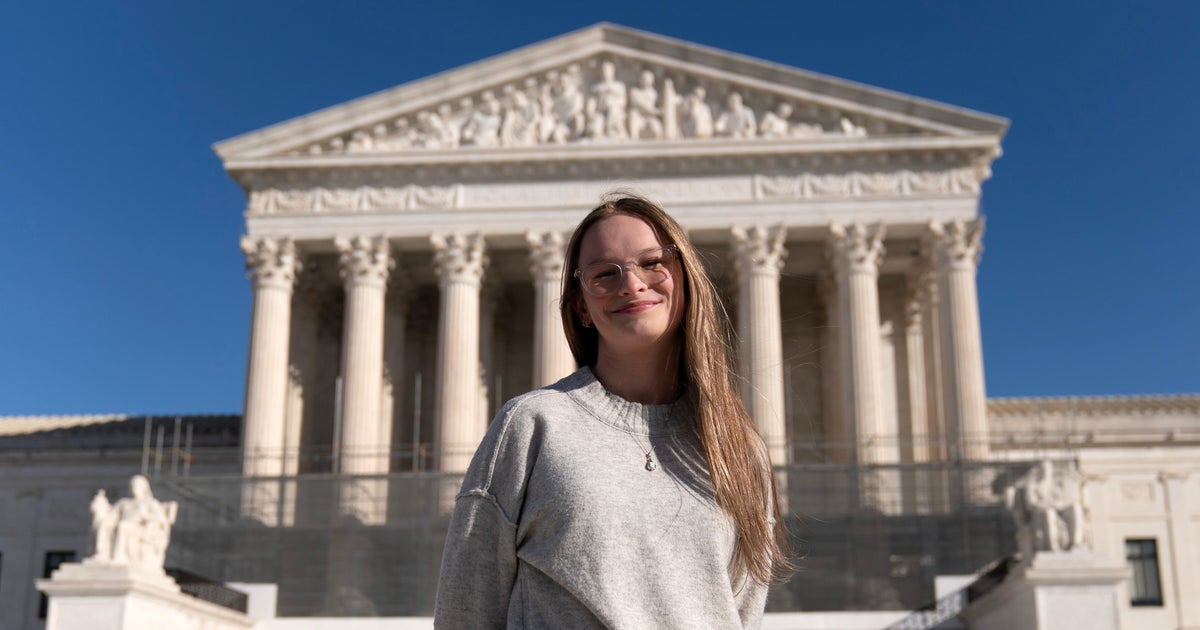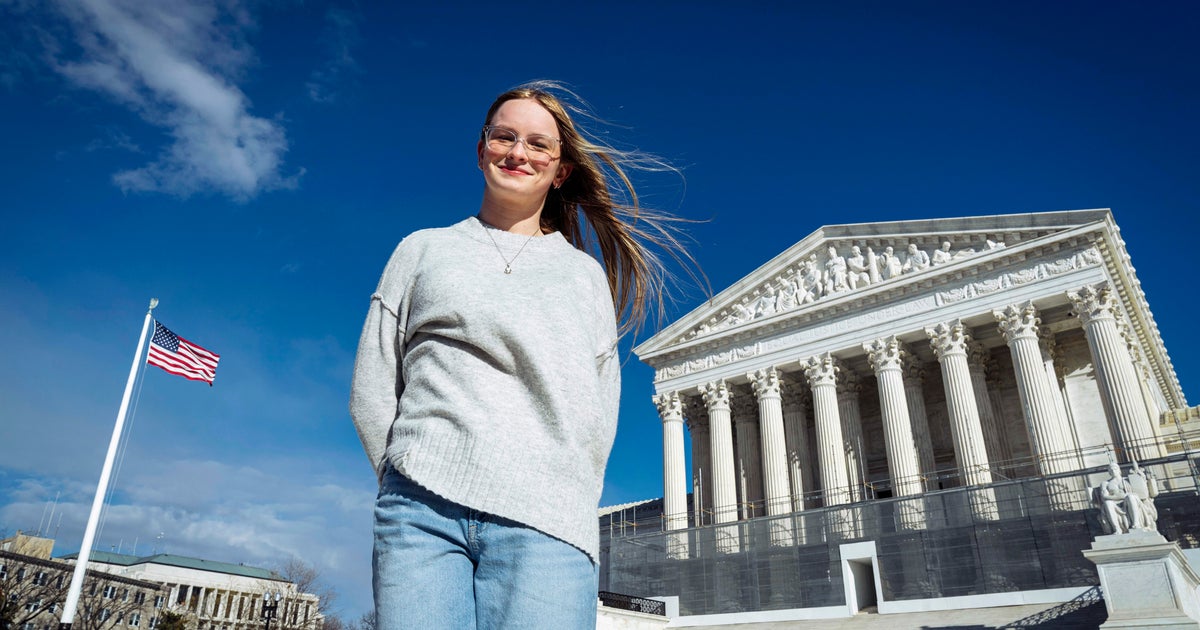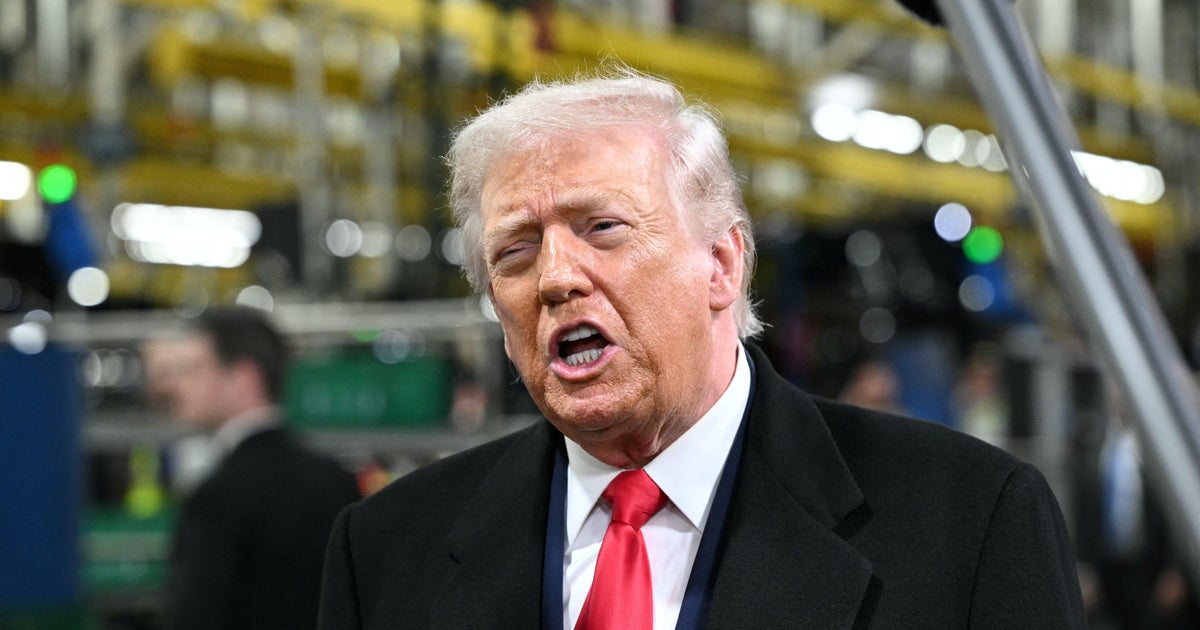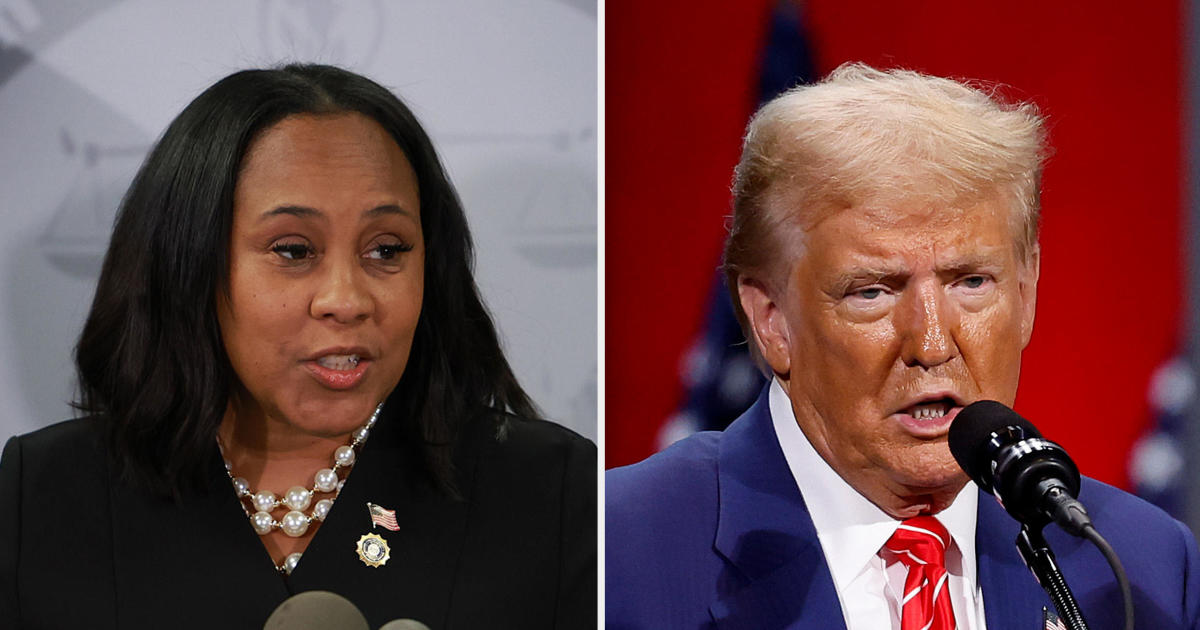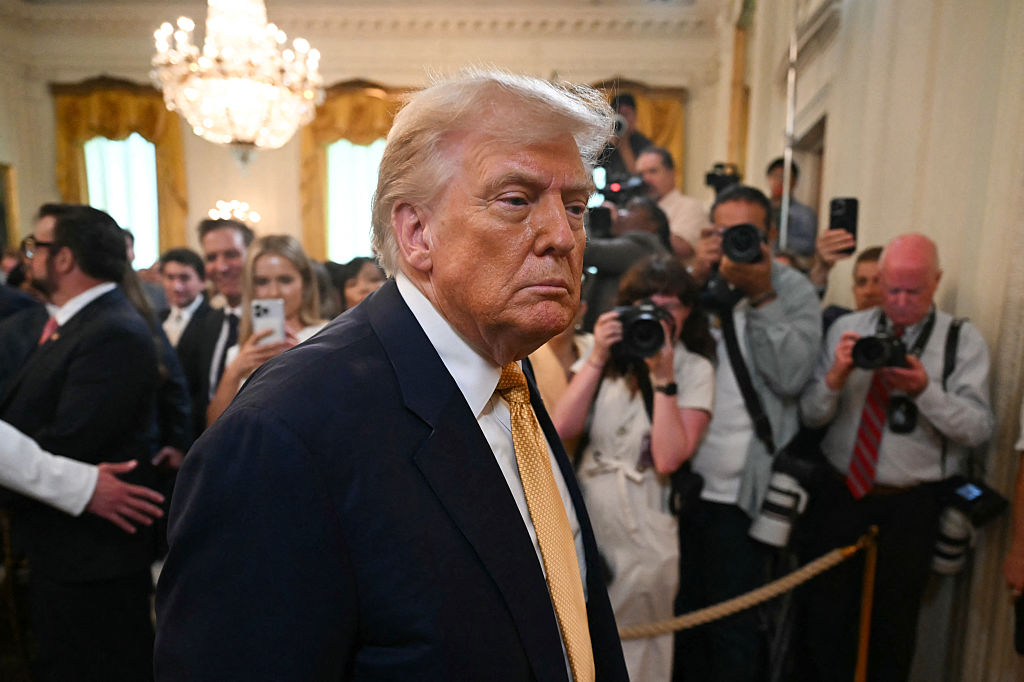Supreme Court rejects Trump effort to block Manhattan prosecutors from getting tax records
The Supreme Court on Monday cleared another hurdle in the Manhattan district attorney's long quest to obtain former President Donald Trump's tax records, rejecting a last-ditch attempt by the former president to shield his financial records from prosecutors.
The court denied Mr. Trump's request to issue a stay on lower-court rulings in an unsigned order with no noted dissents, meaning the justices will not hear arguments for the second time in the case. The Supreme Court ruled in July that the subpoena of the Republican president's records was constitutional, but their release was held up by an appeal arguing the subpoena is a bad faith overreach borne from political animus.
The order clears the way for a New York grand jury to obtain Mr. Trump's tax records.
Manhattan District Attorney Cyrus Vance, a Democrat, first began investigating Mr. Trump in 2018, and initially targeted hush-money payments made during the Republican's 2016 campaign to adult film star Stormy Daniels by former Trump attorney Michael Cohen. Vance's office has since indicated in court filings that the investigation has widened to look at possible crimes as wide-ranging as fraud and tax evasion.
Vance issued a one-line statement in response to the Supreme Court's move, saying, "The work continues." His office indicated in a September court filing that it would move to enforce a previously issued subpoena of Mr. Trump's accounting firm if the Supreme Court denied the former president's request.
In a statement to media outlets, Mr. Trump accused prosecutors of pursuing the investigation for political reasons.
"The Supreme Court never should have let this 'fishing expedition' happen, but they did. This is something which has never happened to a President before," Trump said.
Beth More, spokesperson for Mazars USA LLP, an accounting firm subpoenaed in the case, said the company cannot discuss matters related to individual clients. More would not say if the Manhattan district attorney contacted Mazars Monday after the Supreme Court issued its order.
"We are aware of the Supreme Court's order. As we have maintained throughout this process, Mazars remains committed to fulfilling all of our professional and legal obligations," More said.
Vance's investigation is one of two known criminal probes focused on Mr. Trump. On February 10, the District Attorney in Fulton County, Georgia, launched an election fraud and racketeering investigation into Mr. Trump's attempts to influence the outcome of the 2020 presidential election in Georgia.
On February 3, Vance's office swore in as a special assistant district attorney Mark Pomerantz, a former federal prosecutor with deep experience in complex financial and organized crime cases, according to Danny Frost, a spokesperson for the office. Pomerantz is working solely on the Trump case.
Filings by Vance's office in Mr. Trump's appeal indicate that prosecutors are examining wide disparities in how Mr. Trump's company valued properties in its portfolio. For instance, prosecutors wrote in September that in the past decade, Mr. Trump's valuation of the Seven Springs estate in suburban New York ranged from between $25 million and $50 million, to between $261 and $291 million.
Subpoenas in the probe suggest the investigation is scrutinizing the expansive 200-acre property that straddles the affluent New York towns of Bedford, New Castle and North Castle. Ralph Mastromonaco, an engineer who worked on the Seven Springs estate property for Mr. Trump, told CBS News on February 11 that he recently received subpoenas for his work. Mastromonaco said he quickly complied, turning over maps of the 200-acre property, and other documents he produced for the Trump Organization nearly a decade ago.
Mastromonaco's subpoena came weeks after Manhattan investigators sent a subpoena to the town clerk of Bedford. The grand jury subpoena, which was obtained by CBS News, requests documents related to Seven Springs valuations and tax assessments, tax appeals, and conservation easements.
Vance's office has not said why it is interested in the Bedford and Mastromonaco documents.
